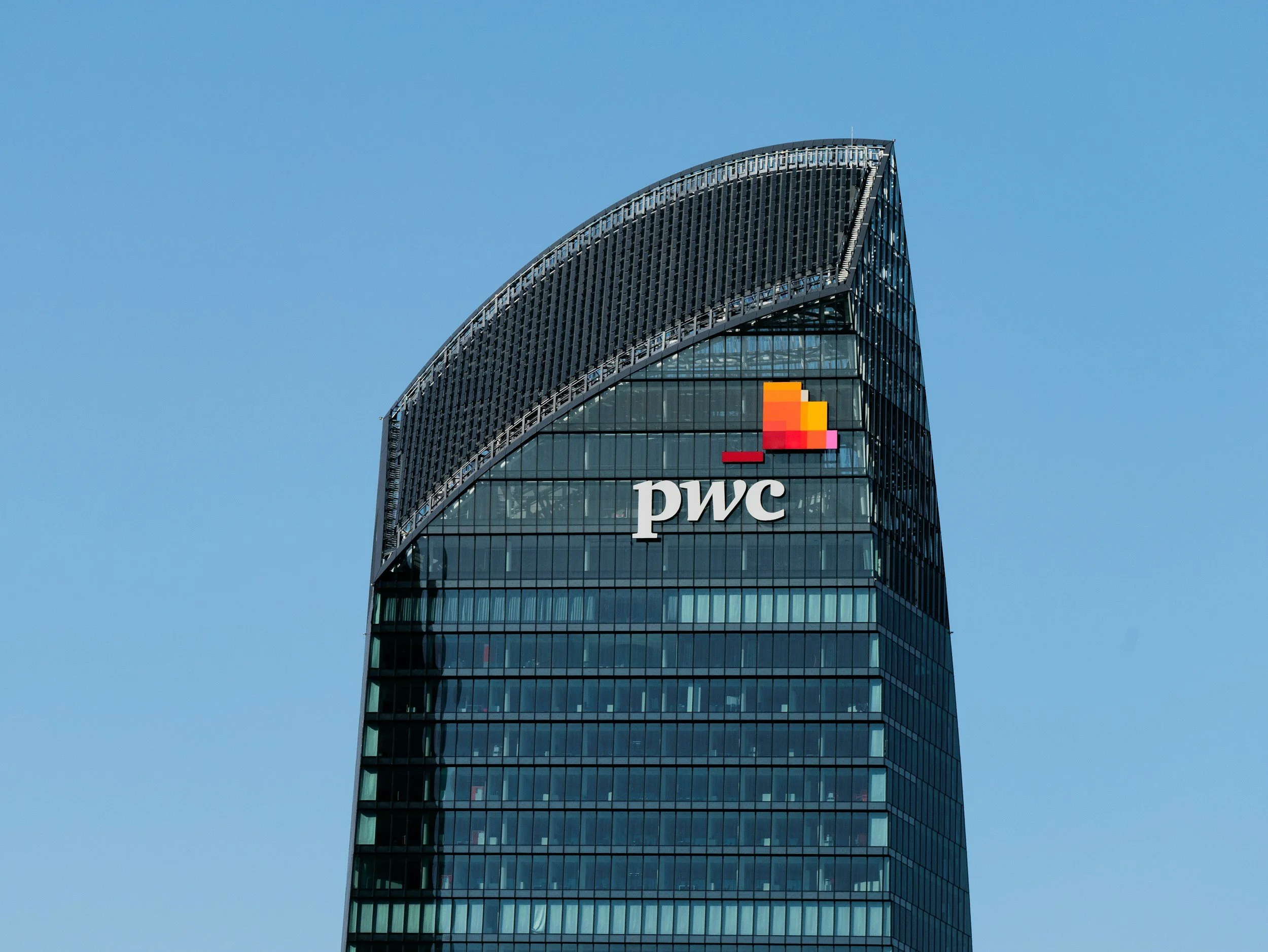AI Adoption Could Boost Global GDP by 15% by 2035, PwC Research Finds
Image Credit: Adriano | Splash
A new report from PwC, titled Value in Motion, projects that artificial intelligence could increase global economic output by up to 15 percentage points by 2035, adding roughly one percentage point to annual global growth rates. This potential boost is comparable to the economic surge driven by 19th-century industrialization. The report, released on April 29, 2025, is based on data-driven scenario analysis and emphasizes that AI’s economic benefits depend on responsible deployment, clear governance, and public trust. In scenarios with lower trust and cooperation, the economic uplift could drop to 8% or as low as 1% in pessimistic cases. PwC’s findings align with their 2017 Global Artificial Intelligence Study, which estimated AI could add US$15.7 trillion to global GDP by 2030, driven by productivity gains and consumer demand.
[Read More: AI Funding Hits US$340B in 2025: Boom or Bust Ahead?]
Climate Challenges and AI’s Energy Impact
PwC’s analysis highlights that physical climate risks could reduce global GDP by nearly 7% by 2035 compared to a scenario without such risks. The increased energy demands from AI, particularly from data centers, pose environmental challenges. However, PwC suggests that modest AI-driven energy efficiency improvements could offset this impact. Specifically, if each percentage point of AI adoption leads to a 0.1% reduction in energy intensity, AI’s energy use and emissions could remain neutral. This aligns with PwC’s 2019 research, which estimated that AI applications in sectors like energy and transport could reduce greenhouse gas emissions by 4% by 2030, equivalent to 2.4 gigatons of CO2.
[Read More: AI-Driven Hydrogen Catalyst Boosts Efficiency, Cutting Costs for Clean Energy Future]
Economic Reconfiguration and Industry Shifts
The report notes that the global economy is undergoing rapid transformation, with US$7.1 trillion in revenues expected to shift between companies in 2025 due to competitive pressures across 17 of 22 global sectors. Over the next decade, industries are projected to form new “domains” that cross traditional boundaries. For example, the rise of electric vehicles is integrating electricity providers, battery manufacturers, and tech firms into the mobility sector, creating new value alongside automakers. This reconfiguration is driven by AI’s ability to meet evolving customer needs, as noted by PwC Global Chairman Mohamed Kande, who emphasized the importance of organizations connecting across industry lines to unlock growth.
PwC’s Strategic Response to AI Trends
To support businesses in leveraging AI, PwC is implementing several initiatives. Its agent OS platform enables enterprises to integrate AI agents into workflows up to 10 times faster than traditional methods, with hundreds of AI agents deployed internally for tax, assurance, and advisory services. The Network AI Academy has trained 291,000 staff members, ensuring expertise in AI applications. PwC has also formed new technology alliances with AWS, Google Cloud, Microsoft, and Oracle since December 2024, building on existing partnerships with Adobe, Anthropic, OpenAI, and others. The firm’s GenAI tool, ChatPwC, has been updated to include proprietary data and methodologies, enhancing its ability to deliver industry-specific insights. These efforts are part of PwC’s Industry Edge portfolio, which combines AI with business models and data to drive transformation.
[Read More: NVIDIA Launches Nemotron AI Models to Boost Reasoning and Speed for Developers]
Brand Evolution and Client Focus
PwC has refreshed its brand identity to reflect its role in helping clients navigate technological change. The update includes a new logo featuring a “momentum mark” and revised visual and verbal branding to emphasize collaboration with clients in building trust and creating value. An intelligent learning platform combining AI-powered recommendations and coaching has been rolled out to enhance staff capabilities. Carol Stubbings, PwC’s Global Chief Commercial Officer, stated that these changes align with the firm’s 175-year history of evolving to meet client needs.
[Read More: Top 10 AI Logo Generators to Boost Your Brand!]
Source: PwC, Biz Community










